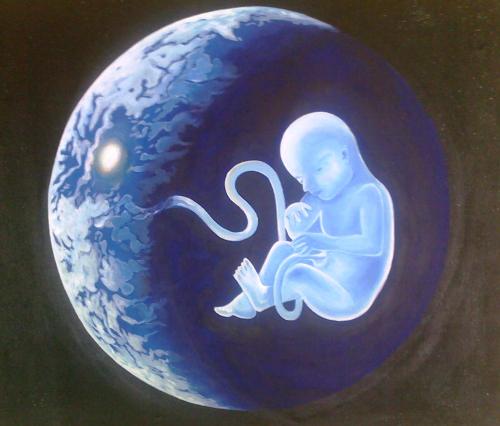In an
NPR interview, the internationally best-selling Dutch author Herman Koch was asked about reader reaction to his first English-translated novel,
The Dinner, a disturbing story about people doing despicable things and enabling their children to get away with horrifying crimes. In reply, Koch said, "It goes from people saying, 'Well, this seemed a nice man in the beginning, but in the end he is not,' to put it mildly. And there is another part of the readers who say, 'Finally, a character in a book who actually does what we are all thinking.' This is the other extreme. Sometimes I noticed that in southern countries, they see it more like a social criticism. And in Holland and in northern countries, they see it more as the storyline, or the actual question of: How far would you go to protect the ones you love?" I live in the USA, which I guess qualifies as a southern country, and I certainly fall into the latter category.
Herman Koch has remarkable writer's gifts: X-ray vision for the hidden thoughts and inner workings of everyone from an old man to a teenage girl, perfect pitch for dialogue, and such command of structure and plot that my persnickety editor's mind disappears and I read with a fan's full abandon, confident that I can give myself totally to the unfolding story. Here are three briefs about his novels:
 Dear Mr. M
Dear Mr. MThe plot of Koch's newest book (Hogarth, Sept. 6, 2016) is complex with so many subtle turns and such heart-pounding tension in the last hundred pages that I literally could not put it down. Suffice it to say there are a group of school kids in Holland. There is a teacher. There is a writer. And they all weave together in a kind of murder mystery—but ignore what I just said because this is not a typical mystery. It's not a typical anything. It is an exposition of the inner workings of humans at their worst and a bleak philosophical treatise about good vs. bad, right vs. wrong, the nobility of action vs. inaction, the vicissitudes of power to create balance, loss of innocence and the nature of existence that is so well done that, even though my own philosophy about the final nature-of-life topic is quite different, having just finished reading, all I can do is bounce from couch to computer, yelling "Yay! Bravo!" The book is riveting, entertaining, and magnificently rendered.
In
Dear Mr. M, an anonymous letter writer says to the author (M) he is stalking that M has a kind of obscene expression: "You're not looking at the reader, no, you're challenging him to look at you—to keep looking at you. It's like one of those contests to see who'll avert their eyes first; a contest the reader always loses." I suspect Herman Koch, too, does this. Not once during his virtual gaze that permeates the story does he blink. But neither did I. I was too enthralled, drawn by an ineffable magnetic force into his meticulously honest creation exposing how we really are.
Read More


 This morning’s contemplation: Sometimes you have a sudden awakening—a feeling of lightening; a knowing that, although each of us is ultimately alone, we are something much huger than any one person, something so powerful we would explode if we felt it all the time. If you have felt this just once, it is there for you. It’s like connection to a great mother’s placenta. For me, there was such an awakening during the 1/21
This morning’s contemplation: Sometimes you have a sudden awakening—a feeling of lightening; a knowing that, although each of us is ultimately alone, we are something much huger than any one person, something so powerful we would explode if we felt it all the time. If you have felt this just once, it is there for you. It’s like connection to a great mother’s placenta. For me, there was such an awakening during the 1/21  This is a sincere question and I have no answers.
This is a sincere question and I have no answers.







 Dear Mr. M
Dear Mr. M
 I just read a wonderful
I just read a wonderful